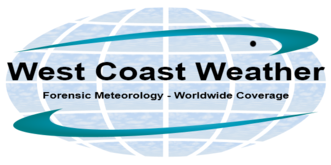Cyclones-Typhoons-Tornadoes-Fujiwhara Effect
Hurricane, Weather ConditionsWith 0 commentsCyclones-Typhoons-Tornadoes-Fujiwhara Effect. The Fujiwhara effect became of a subject of meteorology in 1921, when Japanese Meteorologist Sakuhei Fujiwhara focused on the movements of whirlpools and other vortices and then researched the physics present when they approach each other. A similar phenomenon is possible when atmospheric vortices merge. Many weather features, including generic Lows and winter weather
Read More